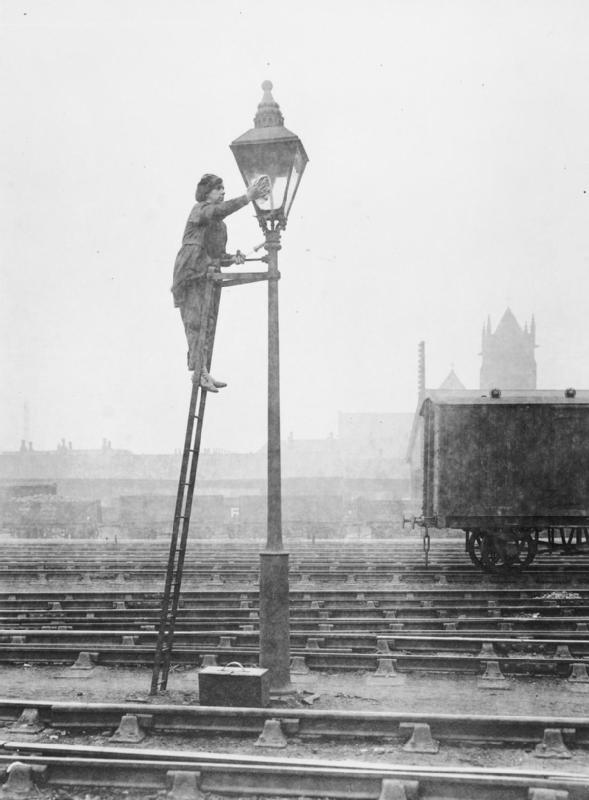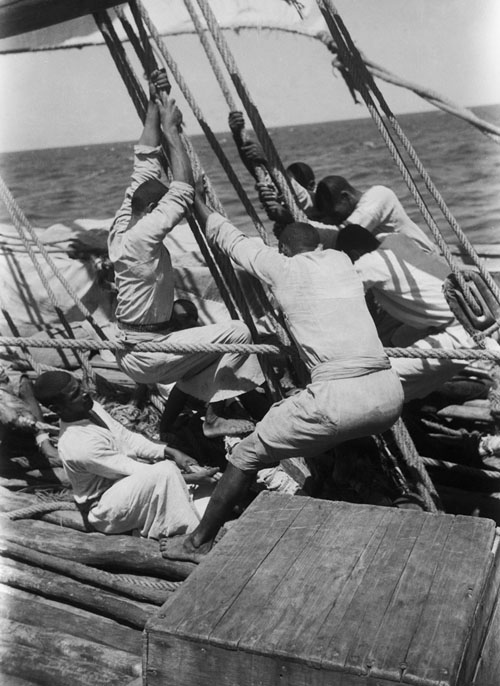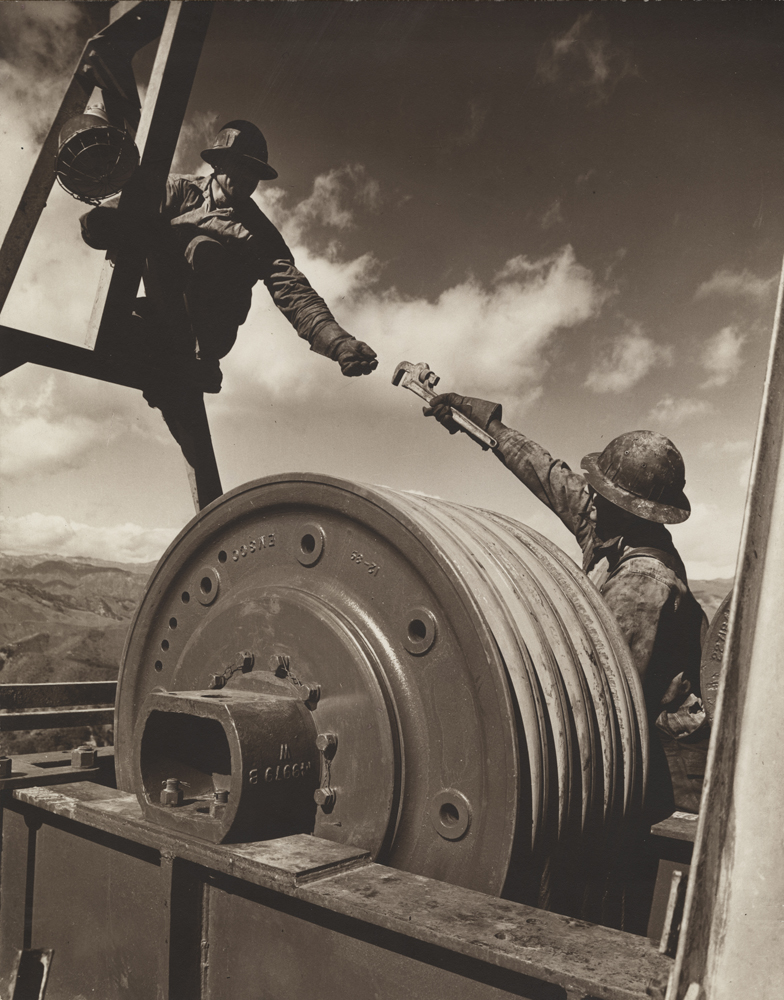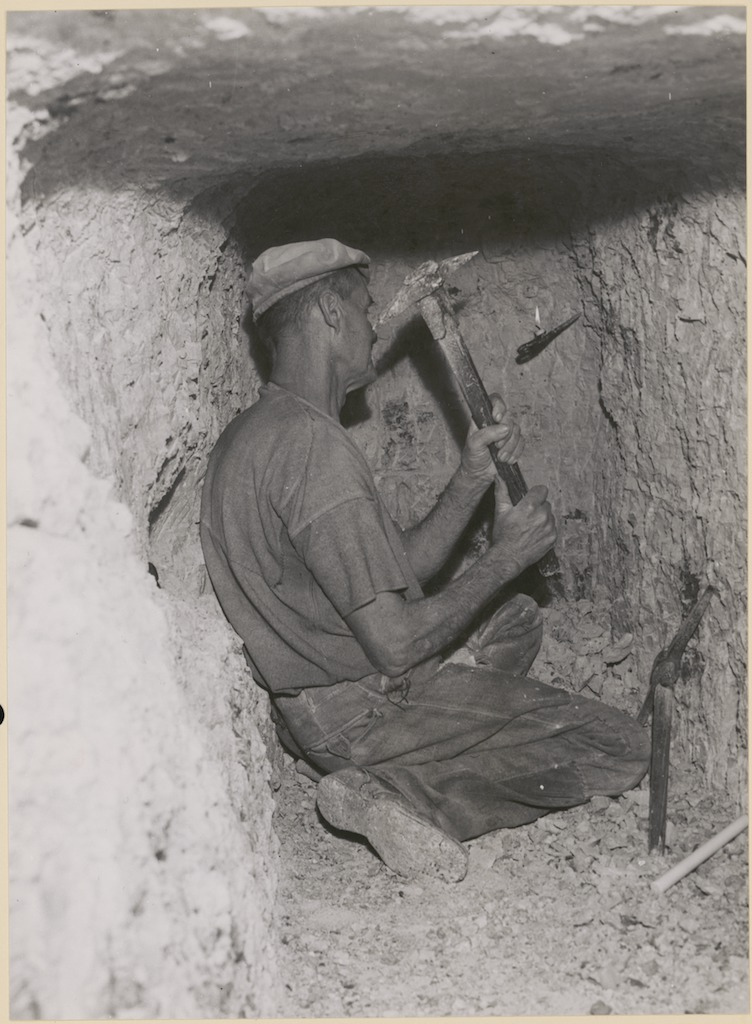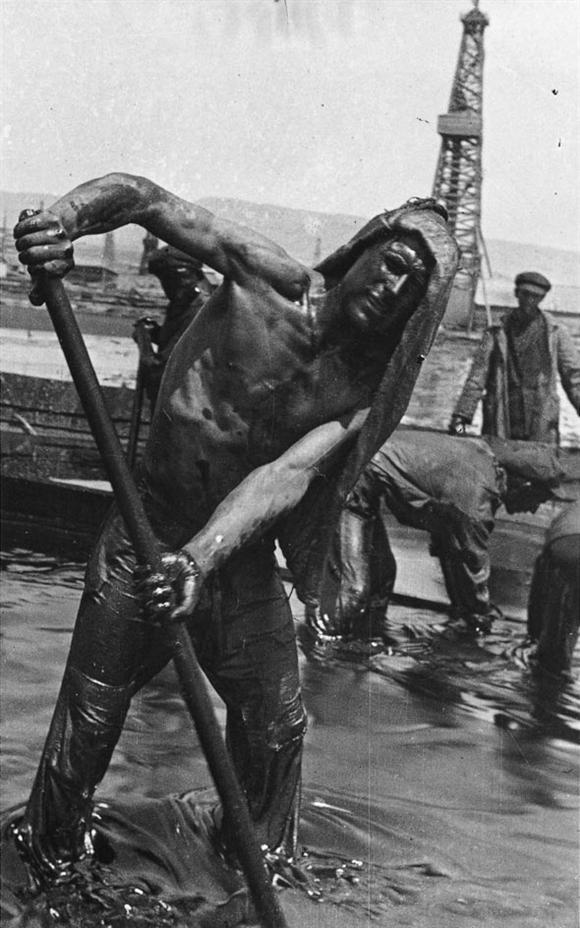MELO MUSI, Isabela de (2014). Practicas en la evaluacion de riesgos psicosociales en el trabajo: observando a los jugadores de dados [RE15185] - INVASSAT
Ves enrere MELO MUSI, Isabela de (2014). Practicas en la evaluacion de riesgos psicosociales en el trabajo: observando a los jugadores de dados [RE15185]
MELO MUSI, Isabela de (2014). Practicas en la evaluacion de riesgos psicosociales en el trabajo: observando a los jugadores de dados [RE15185]
MELO MUSÍ, Isabela de. Prácticas en la evaluación de riesgos psicosociales en el trabajo: observando a los jugadores de dados [online]. Tesis doctoral. Directores: Miguel Ángel Sahagún Padilla, Susana Pallarés Parejo. Barcelona: Universitat Autónoma de Barcelona. Departamento de Psicología Social, 2014. 385 p. [consulta 30.01.2015]. ISBN 978-84-4904-8781.
- Esta investigación se centra en el proceso de evaluación de riesgos psicosociales en el trabajo (ERPT). Y más concretamente, sobre la relación entre los agentes que participan en este proceso: lo que dicen, lo que hacen, lo que deciden. Tal y como aparece en la imagen y en el subtítulo de esta tesis, "los jugadores de dados" son una referencia a la teoría de las prácticas sociales y a la metáfora de Bourdieu sobre el juego social. Ambas referencias forman parte del marco teórico de esta tesis. En esta imagen podemos observar cómo se posicionan los agentes, su capital, sus expectativas (¿hacia dónde miran?), su bienestar, su malestar, los que juegan, los que observan... y los dados. De la misma manera que podemos observar los intereses que hay en juego en una reunión entre representantes de la dirección de la empresa y de los trabajadores para evaluar sus condiciones de trabajo.
- Esta investigació se centra en el procés d'avaluació de riscos psicosocials en el treball (ERPT). I més concretament, sobre la relació entre els agents que participen en este procés: el que diuen, la qual cosa fan, la qual cosa decidixen. Tal com apareix en la imatge i en el subtítol d'esta tesi, "els jugadors de daus" són una referència a la teoria de les pràctiques socials i a la metàfora de Bourdieu sobre el joc social. Ambdós referències formen part del marc teòric d'esta tesi. En esta imatge podem observar com es posicionen els agents, el seu capital, les seues expectatives (cap a on miren?), el seu benestar, el seu malestar, els que juguen, els que observen... i els daus. De la mateixa manera que podem observar els interessos que hi ha en joc en una reunió entre representants de la direcció de l'empresa i dels treballadors per a avaluar les seues condicions de treball.
- In the occupational risk prevention field, there is clear evidence that psychosocial or organizational problems are less focused than safety, hygienic or ergonomics aspects. May be because the risks are more difficult to identify, measure and evaluate, and also because it's a very sensitive field. According to European Survey of Enterprises on New and Emerging Risks, only 26% of companies in the 27 member states of the Union reported applying procedures to manage workplace stress. In Spain the situation is similar or worse. Of the small percentage of the companies that carry out specific studies on Occupational Risk Prevention, a much lower percentage carry out psychosocial risk interventions. The objectives of this research are to describe social practices of psychosocial risks evaluations; to analyze how the relationship between the agents (employers, workers, technicians, inspectors, outside consultants, etc.) guides the evaluation process; to examine the influence of organizational context and the products (reports, letters, etc.) in the process of evaluation and to identify, in the practices, how preventative measures are concreted, planned and implemented, and how this determines the usefulness of psychosocial risk assessment. This is an ethnographic study including participant observations and in-depth interviews on two organizations selected for the study. We observe, in the process of risk evaluation, actions: we identify recurring actions, variables in execution, constants in the sense, and that deploy from certain positions. Following this thinking we use notions of the theory of social practices of Pierre Bourdieu as a tool to think about the evaluation processes and their usefulness. From that perspective, we identify the interests of the field, the relative positions of the social agents, and strength and power relationships. This lead us to understand the practices as strategies implemented by the agents without necessarily being aware of it, in defense of their interests, which are evident in this kind of intervention.




